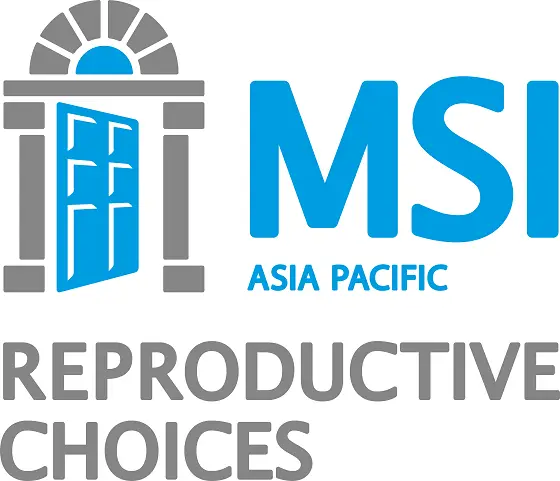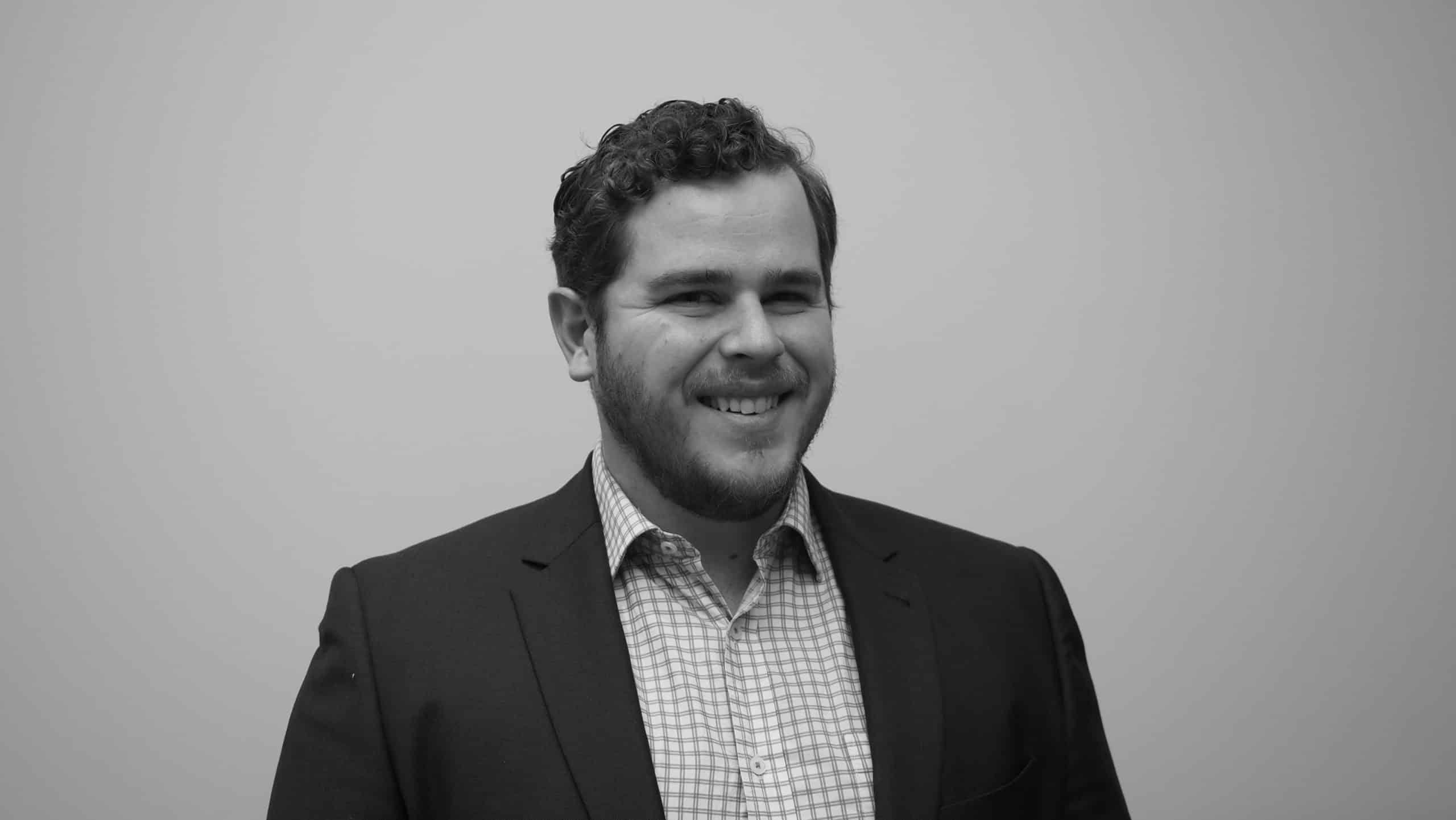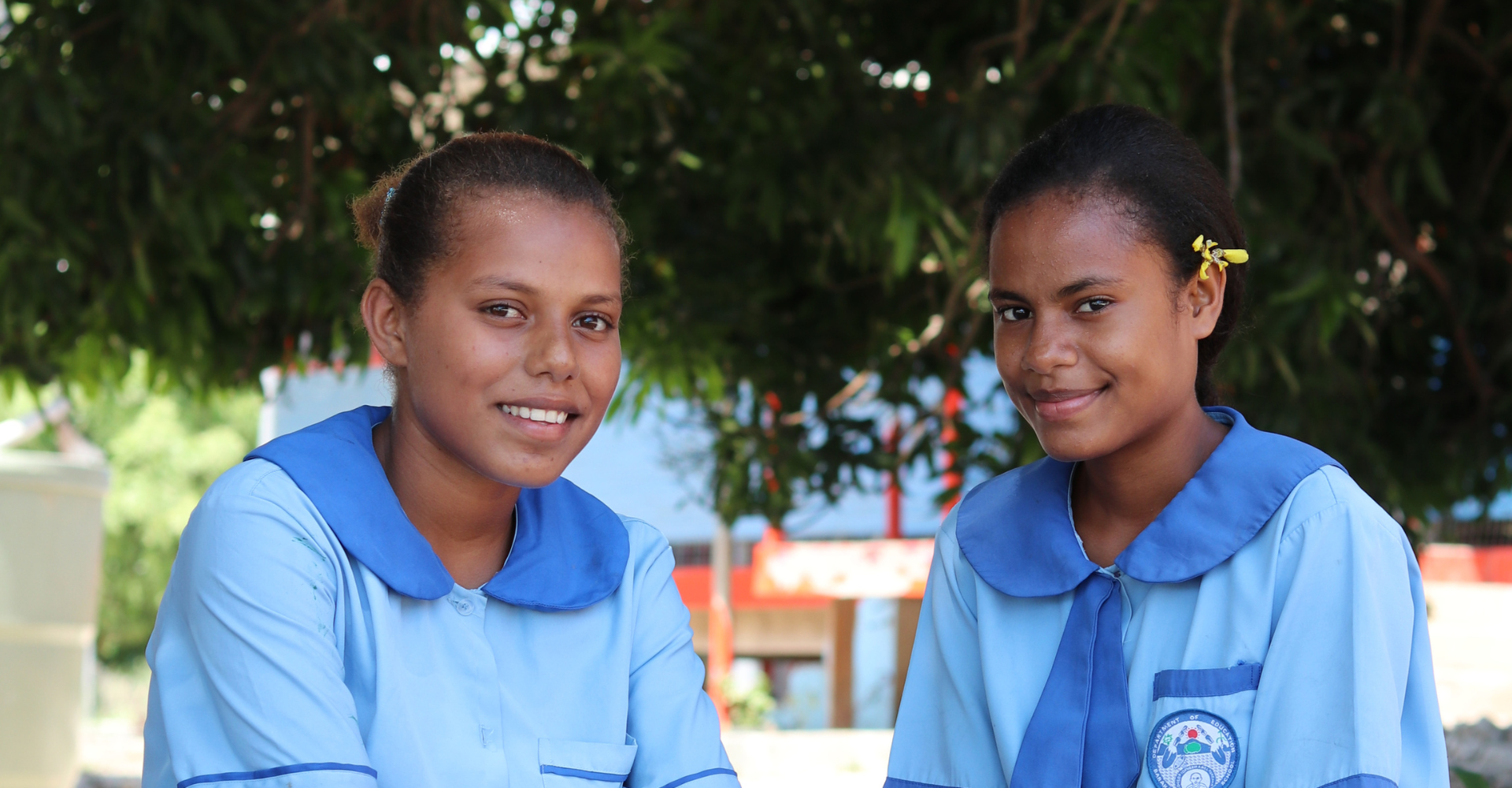
The Observership Program pairs young, talented and energetic individuals with a non-for-profit board for 12 months. In 2021, Ben Gebert was an Observer to the MSI Asia Pacific board.
How was your experience with the MSI Asia Pacific board?
Having begun my governance journey as a volunteer director of boards of small, local organisations, being placed with MSI Asia Pacific – an organisation with complexity and impact – opened my eyes to the considerable challenges faced by the not-for-profit sector, particularly for organisations that work in varied, challenging environments. The placement further stoked my passion for the not-for-profit sector and instilled in me an immense respect for the work MSI Asia Pacific undertakes assisting innumerable women and families worldwide.
What did you learn?
I learnt the importance of having a passionate and diverse board, with a balance of personalities, skills, and diverse personal and professional experience. It was clear from the start of my placement that each board member was extremely committed to the organisation’s cause, and those the organisations serves. Board members knew how each other worked, so each member could play to their strengths, while challenging each other when needed. This cohesion, commitment and passion allowed for the making of sound governance decisions, even when they were not easy. When complex issues arose, having a suite of fit-for-purpose processes provided guidance to the management team and board.
What did you take away from the experience?
I have a new appreciation for the many women across the globe who don’t have equitable access to safe healthcare. I’ve been dismayed to learn of the approaches of some governments, while also being heartened at the generosity of other governments, individuals and organisations to minimise inequality. My respect and appreciation for the committed staff and board of MSI Asia Pacific has grown far beyond what I already had going into the placement, and I have taken away a strong passion to contribute to minimising inequity in sexual and reproductive healthcare.
How will you apply what you have learnt about women’s rights/sexual and reproductive health in your future endeavours?
I commit to having those uncomfortable conversations. As a privileged white male in a developed country, women’s sexual and reproductive health can be seen as taboo or off limits. Why? It’s not just a ‘women’s issue’. It is often caused by, or contributed to, by men. Men who often don’t share the same burdens associated with poorer health, financial or social outcomes that result from lack of access to good sexual and reproductive health services.
My privilege can afford me a platform to kick off these conversations, ideally generating discomfort – preferably outrage – among those who are currently uninformed about women’s access to services.
I hope these conversations and the ensuing discomfort and outrage will challenge some of the harmful thinking that has led to the current lack of service provision for women and families, and spur on passion in others to advocate for better outcomes.
If I can change the minds of a handful of people I am confident that the knock-on effect will result in improved outcomes down the line.




